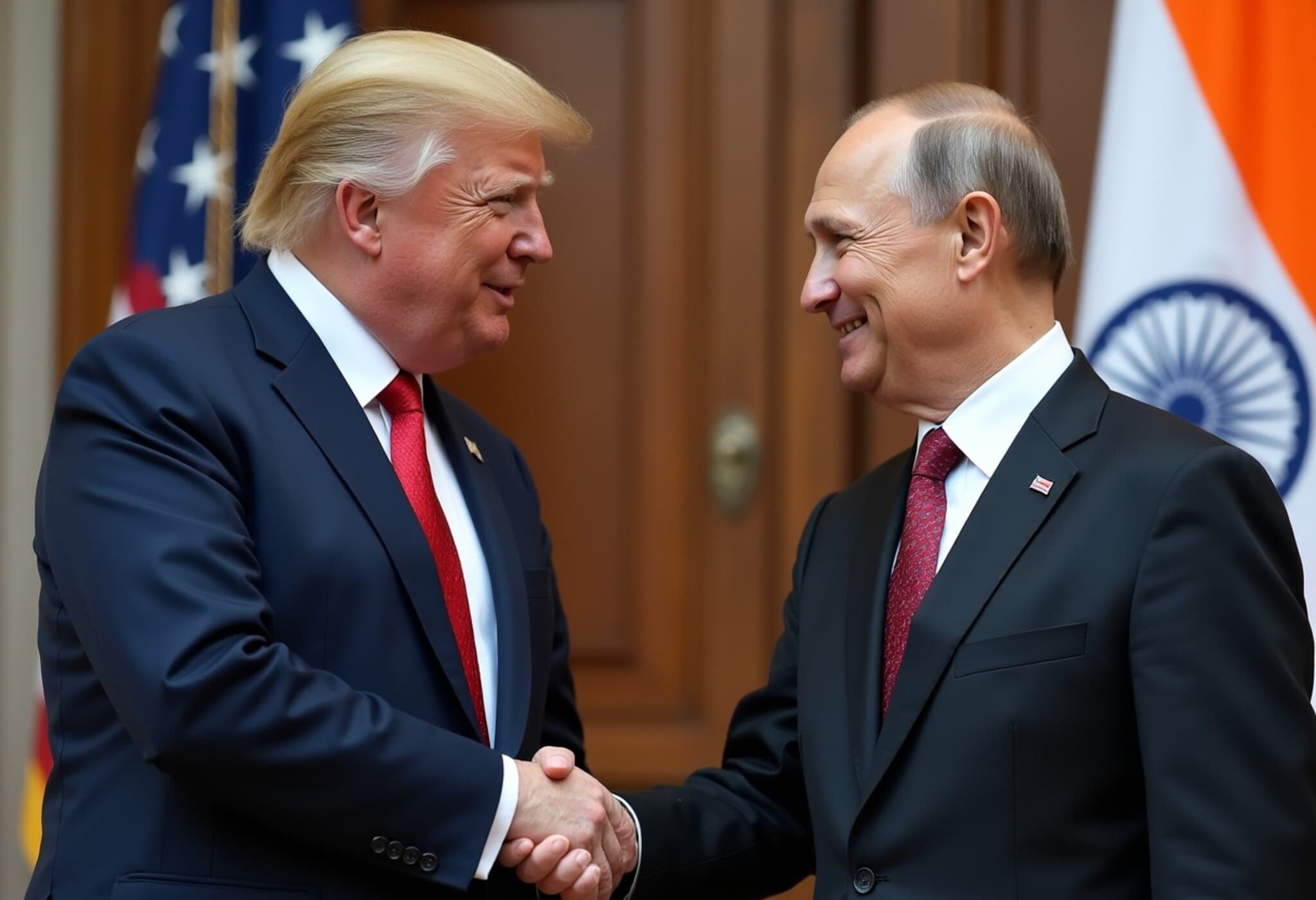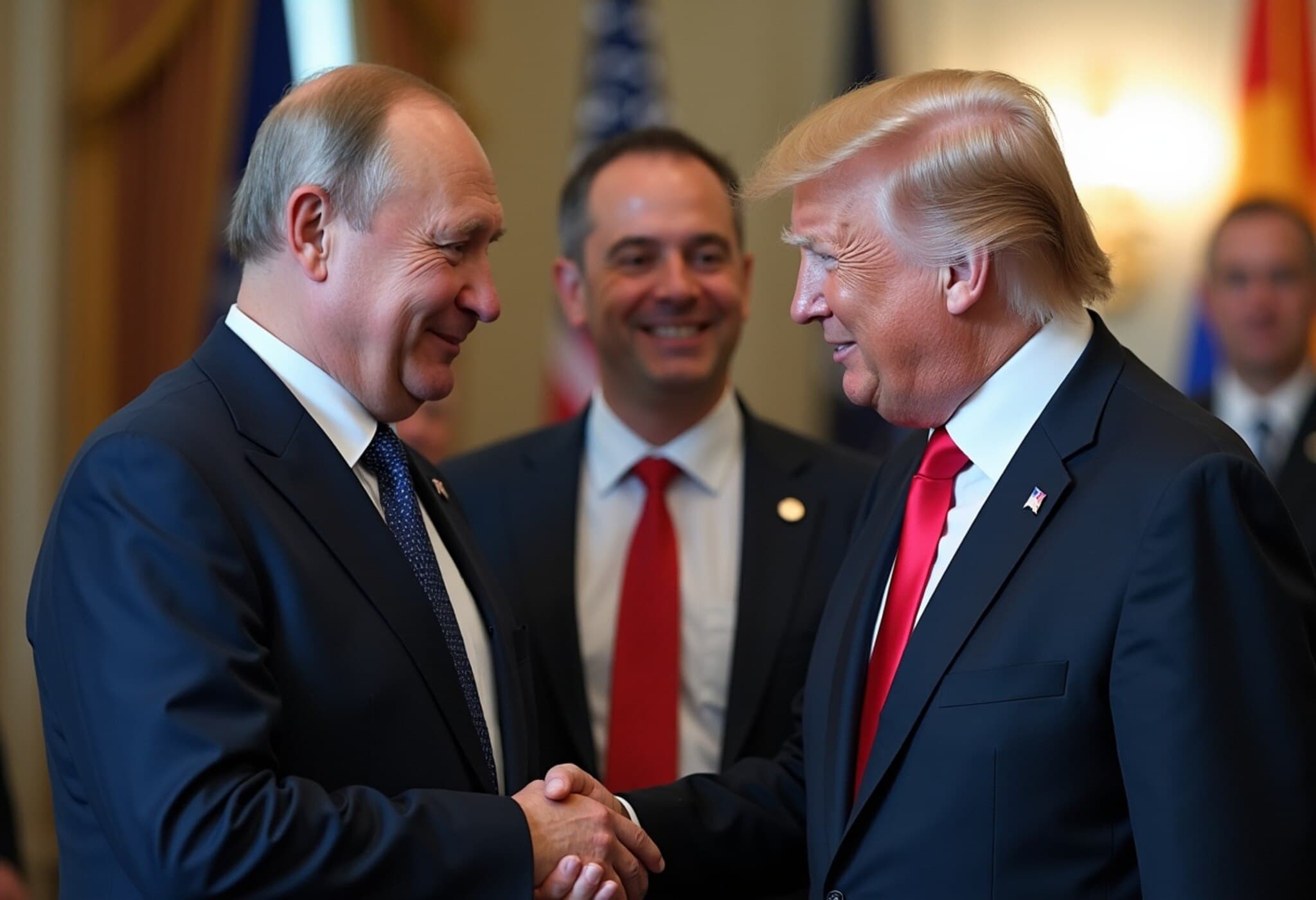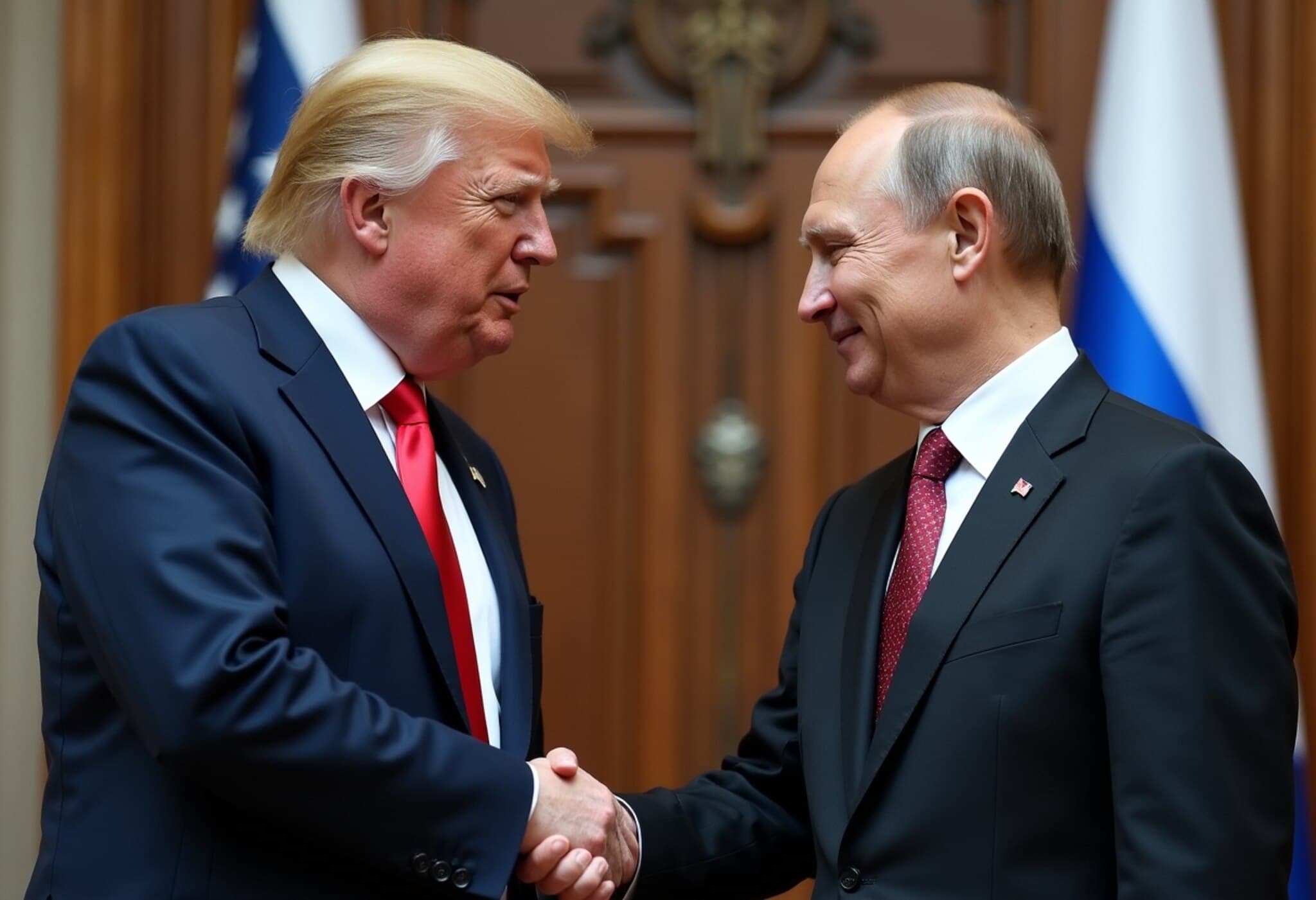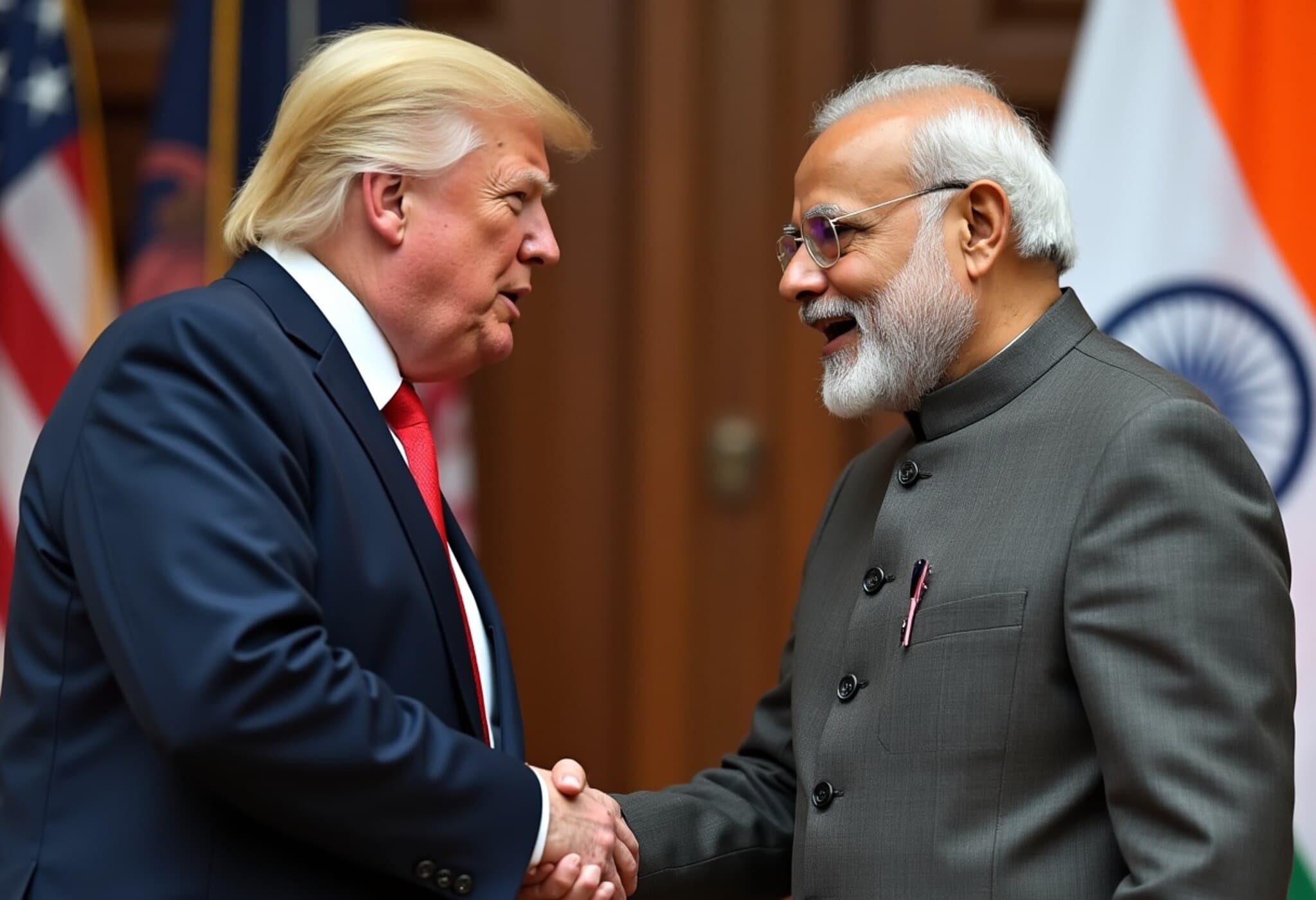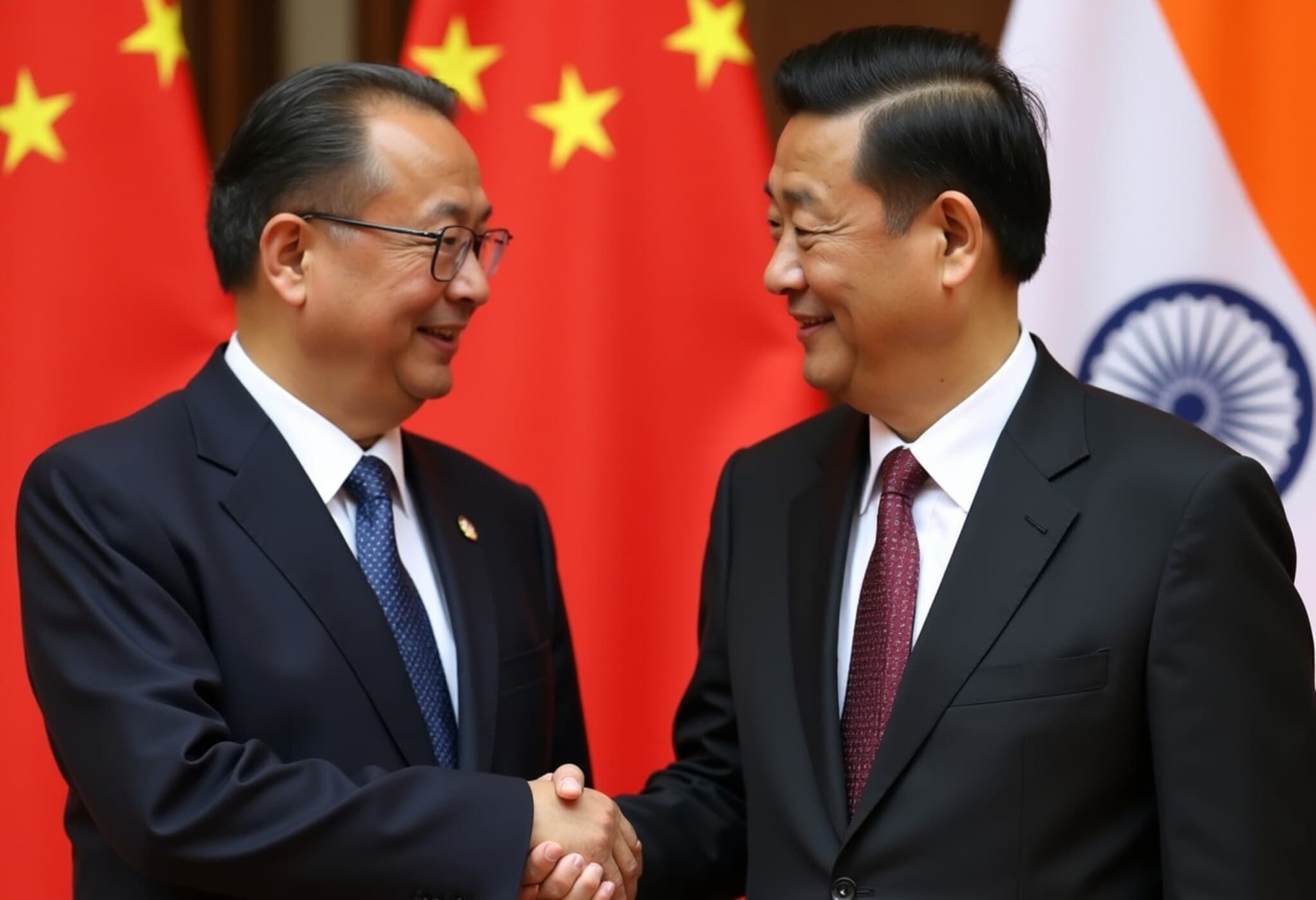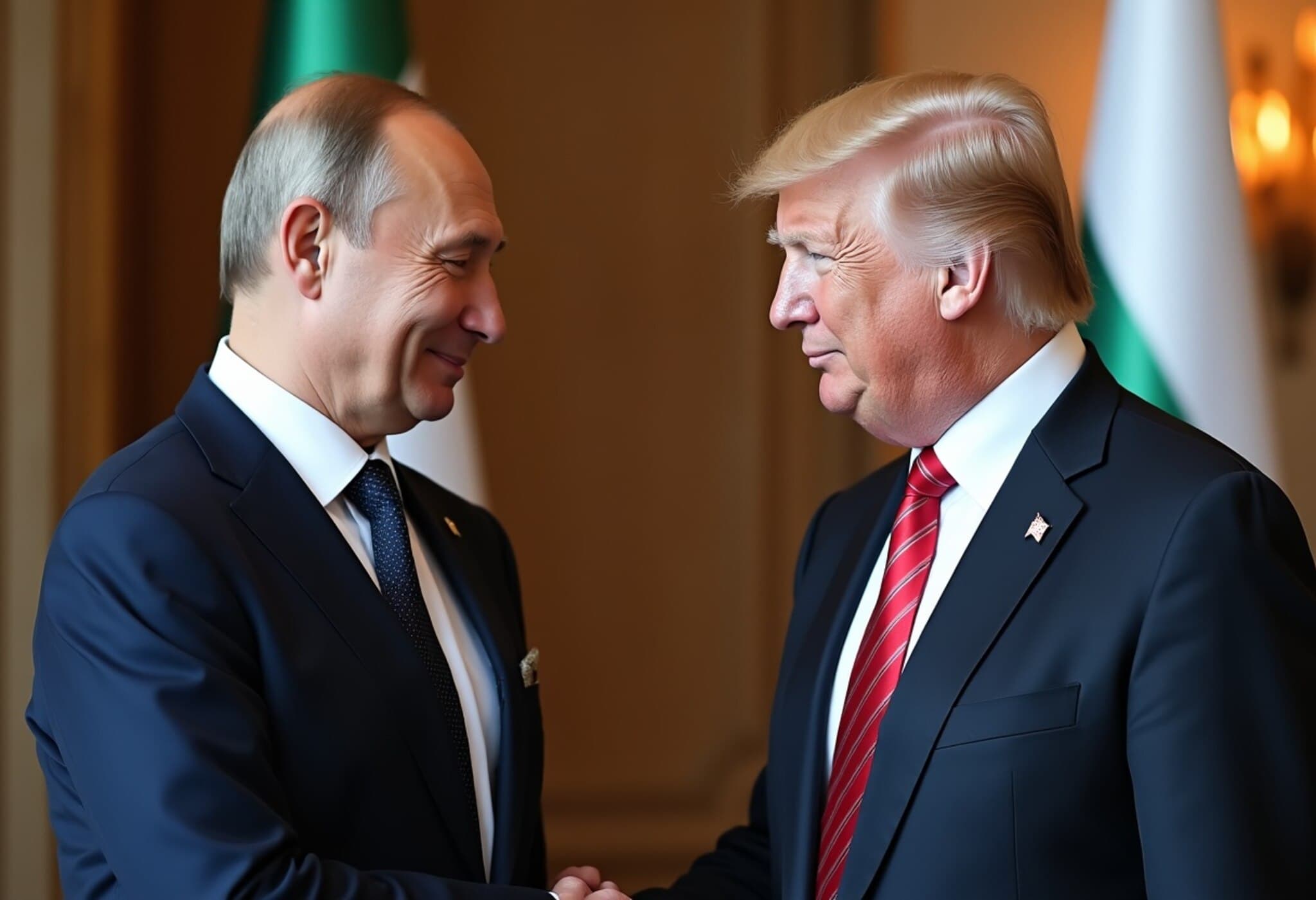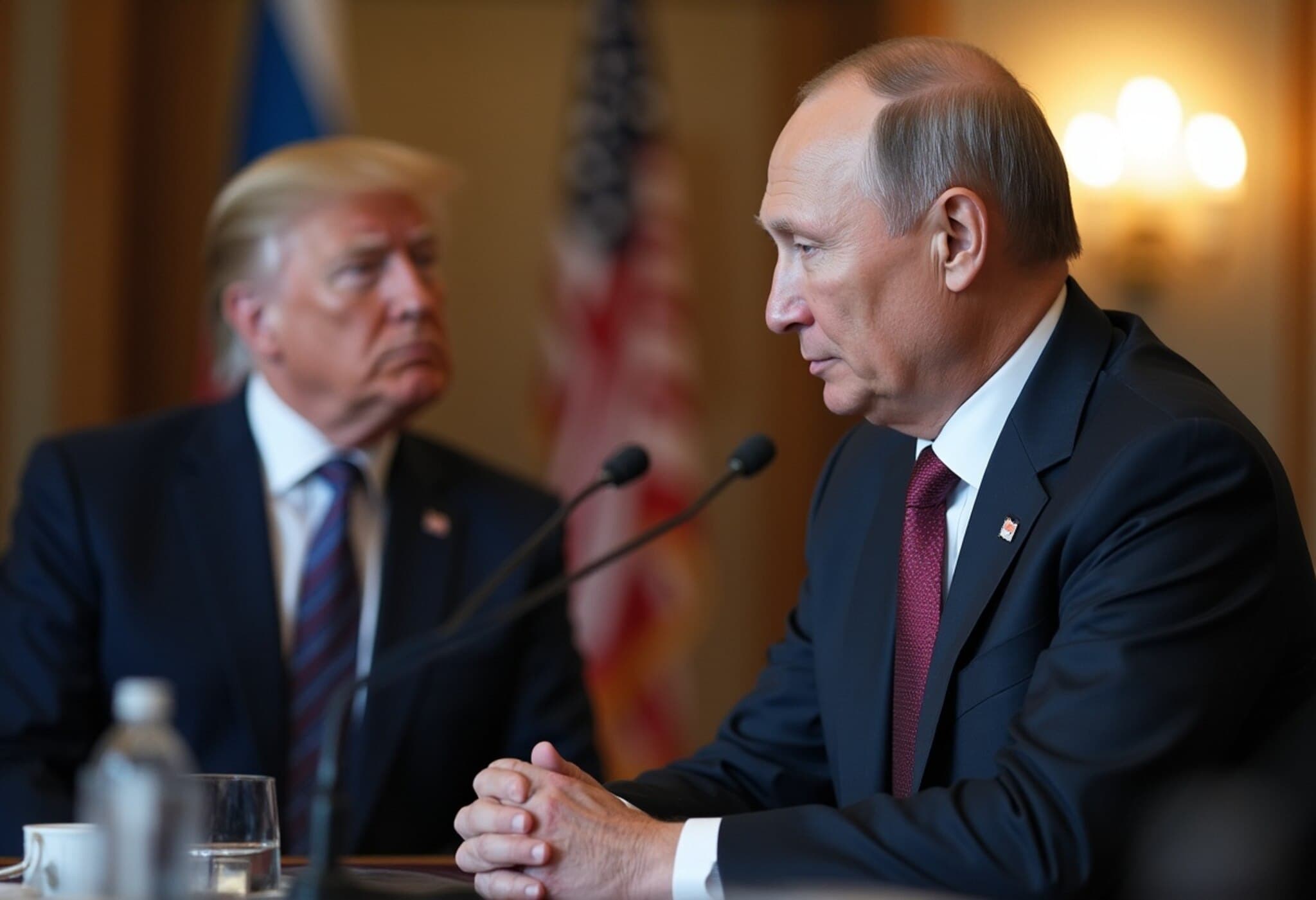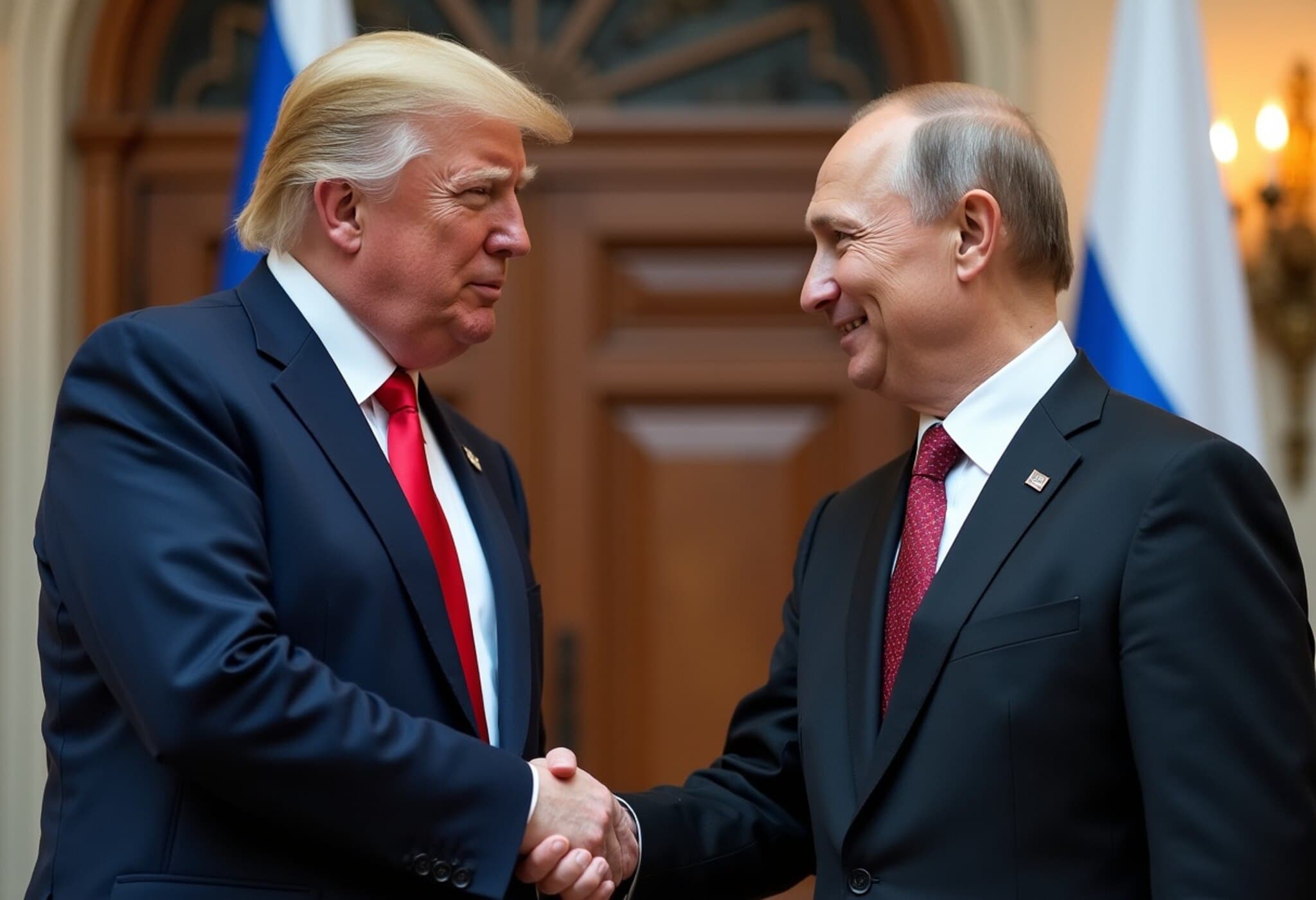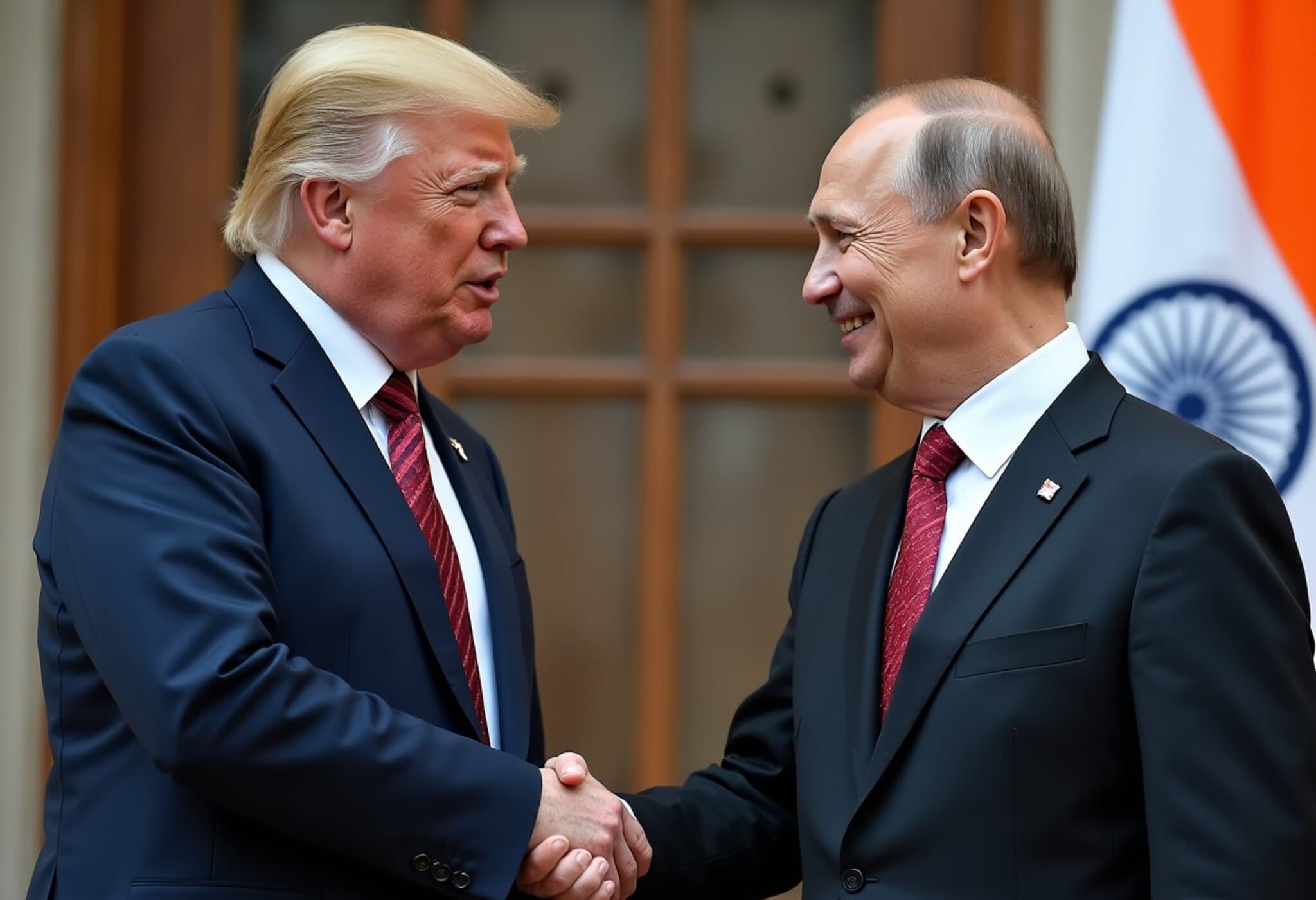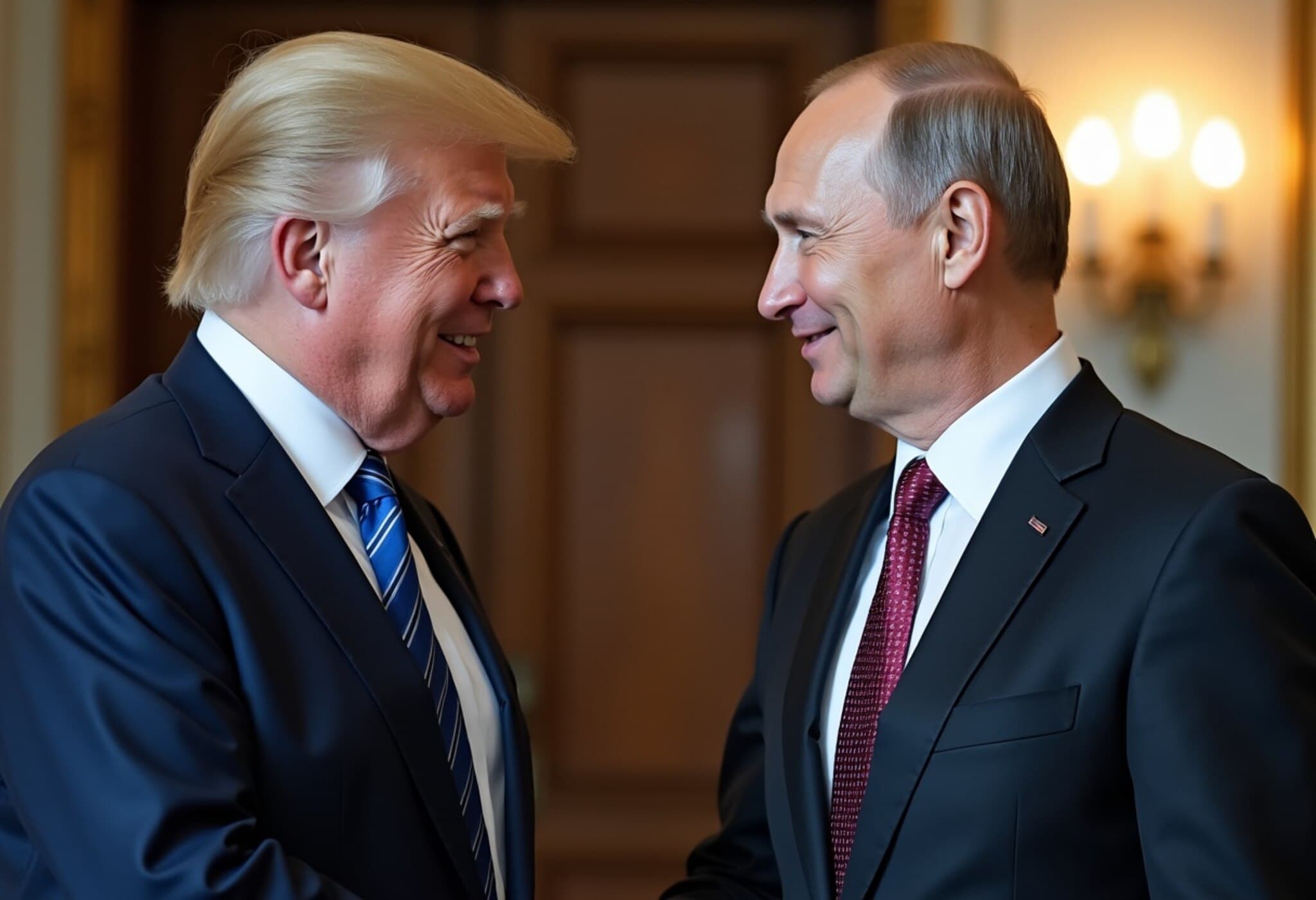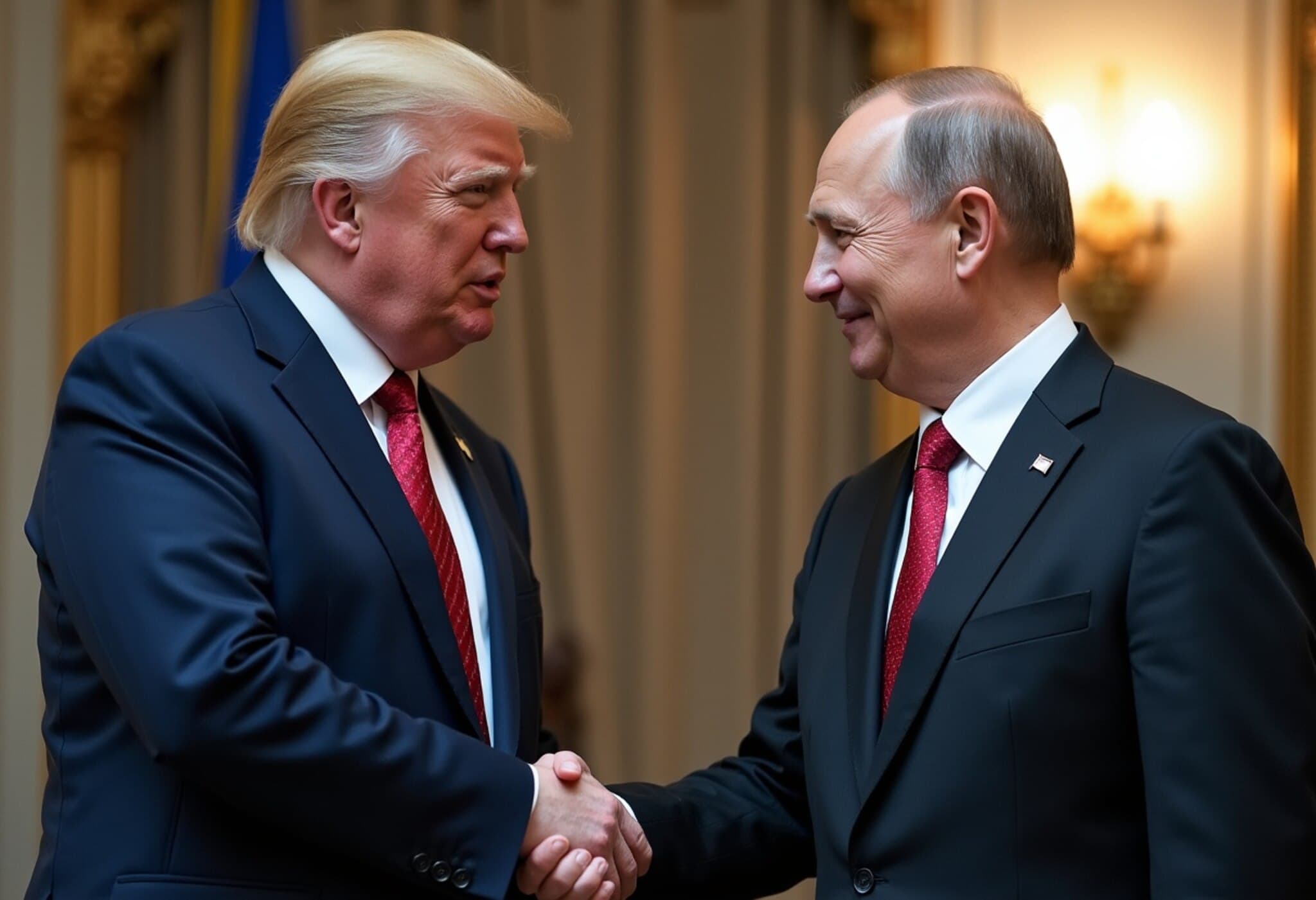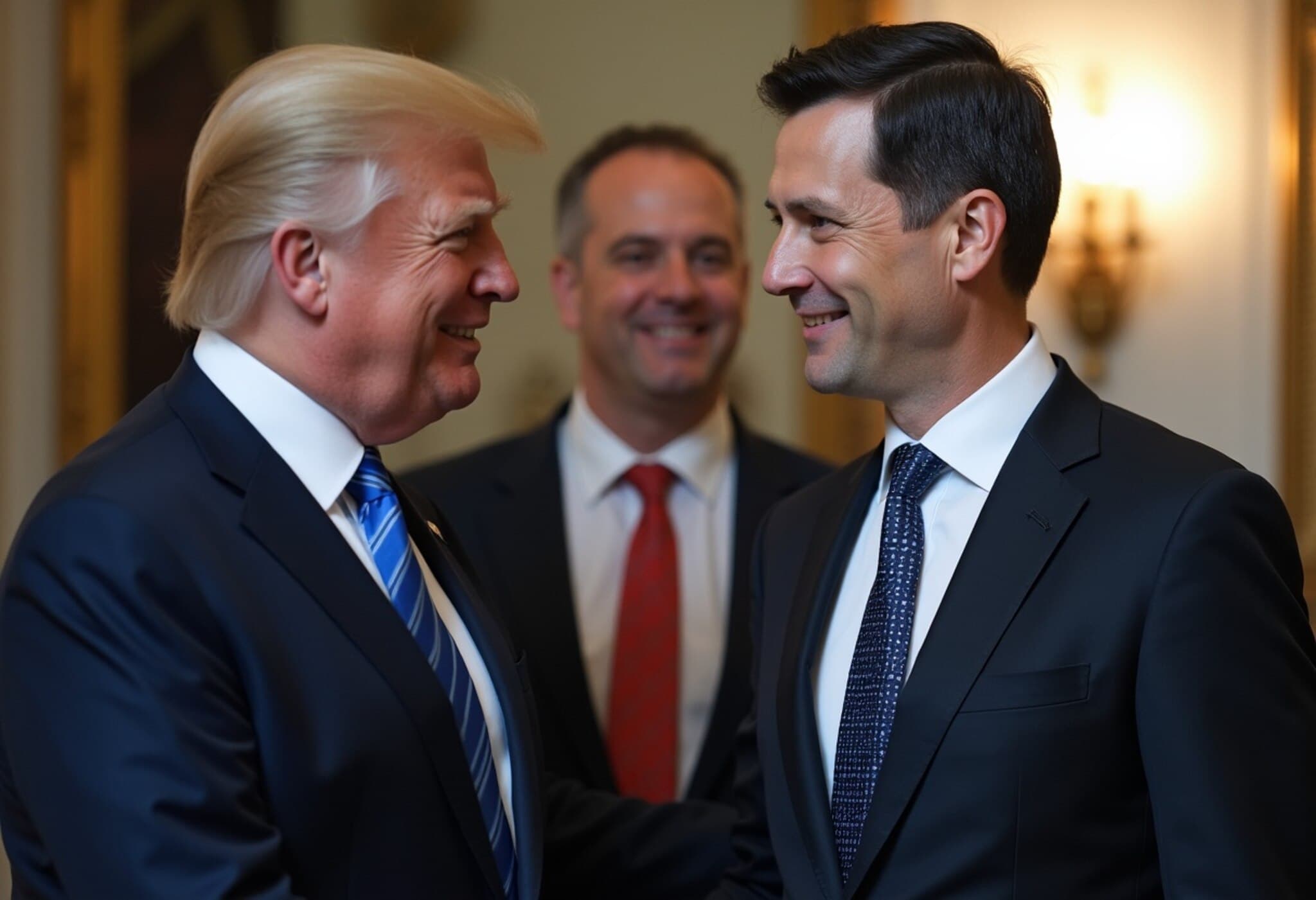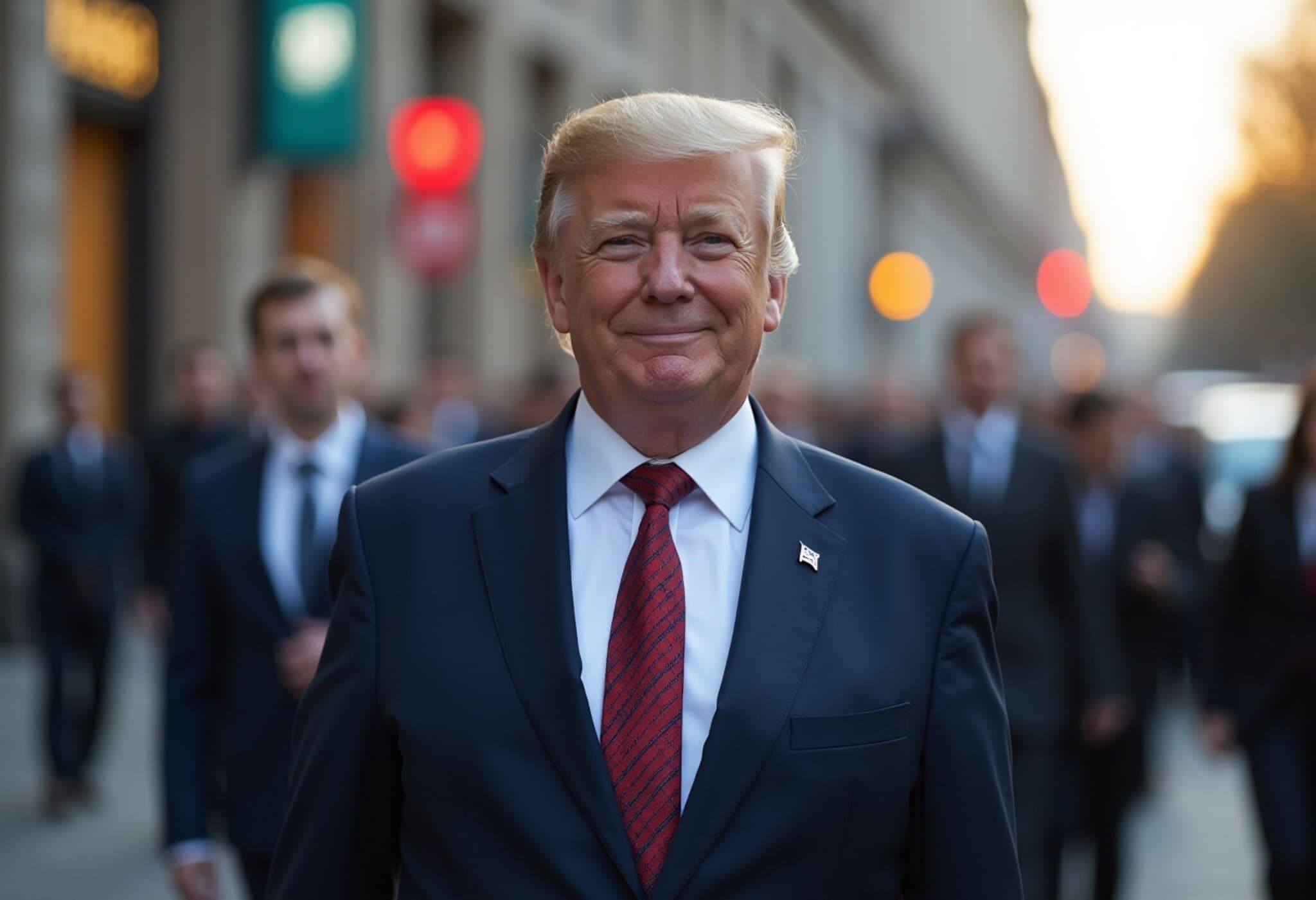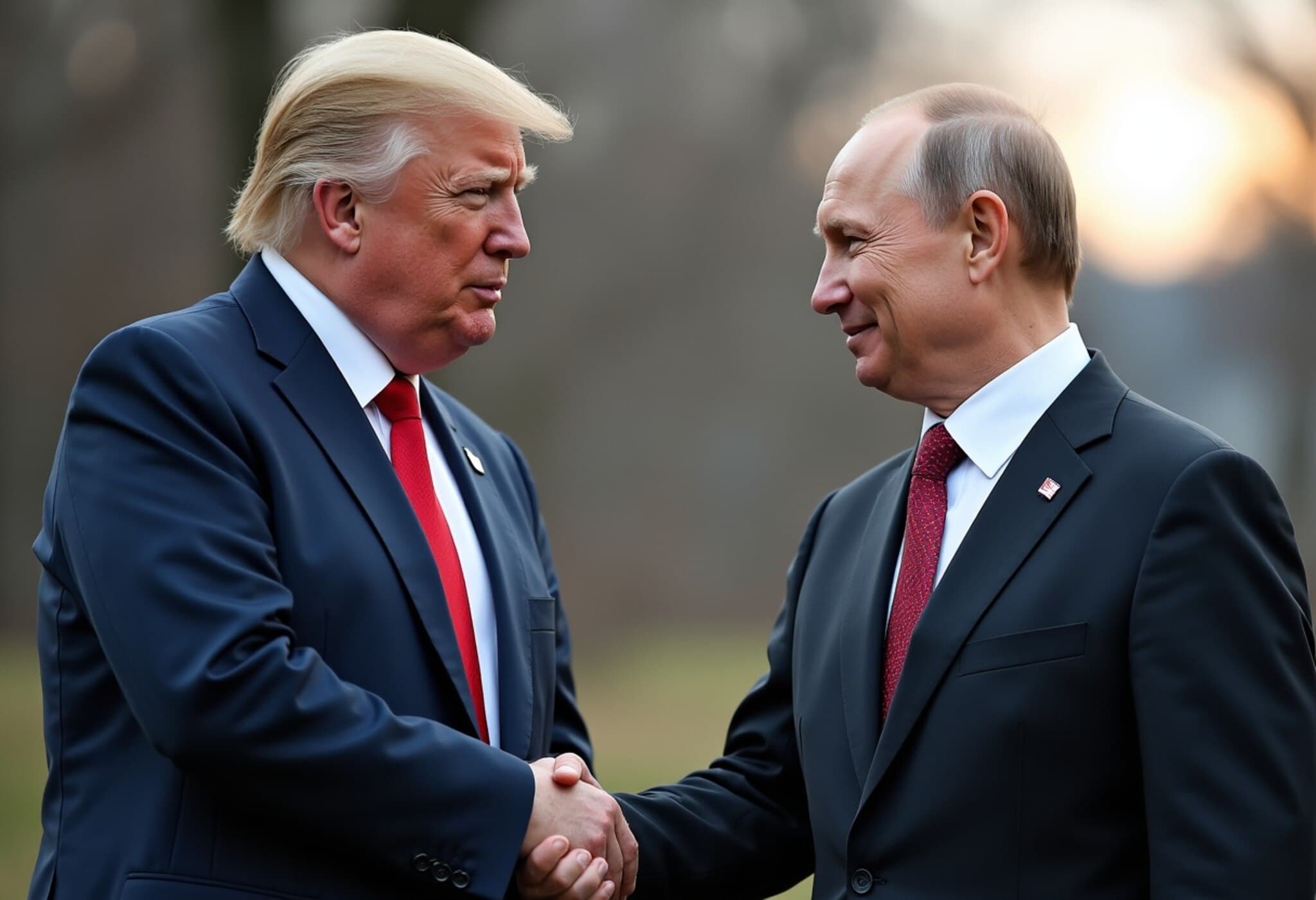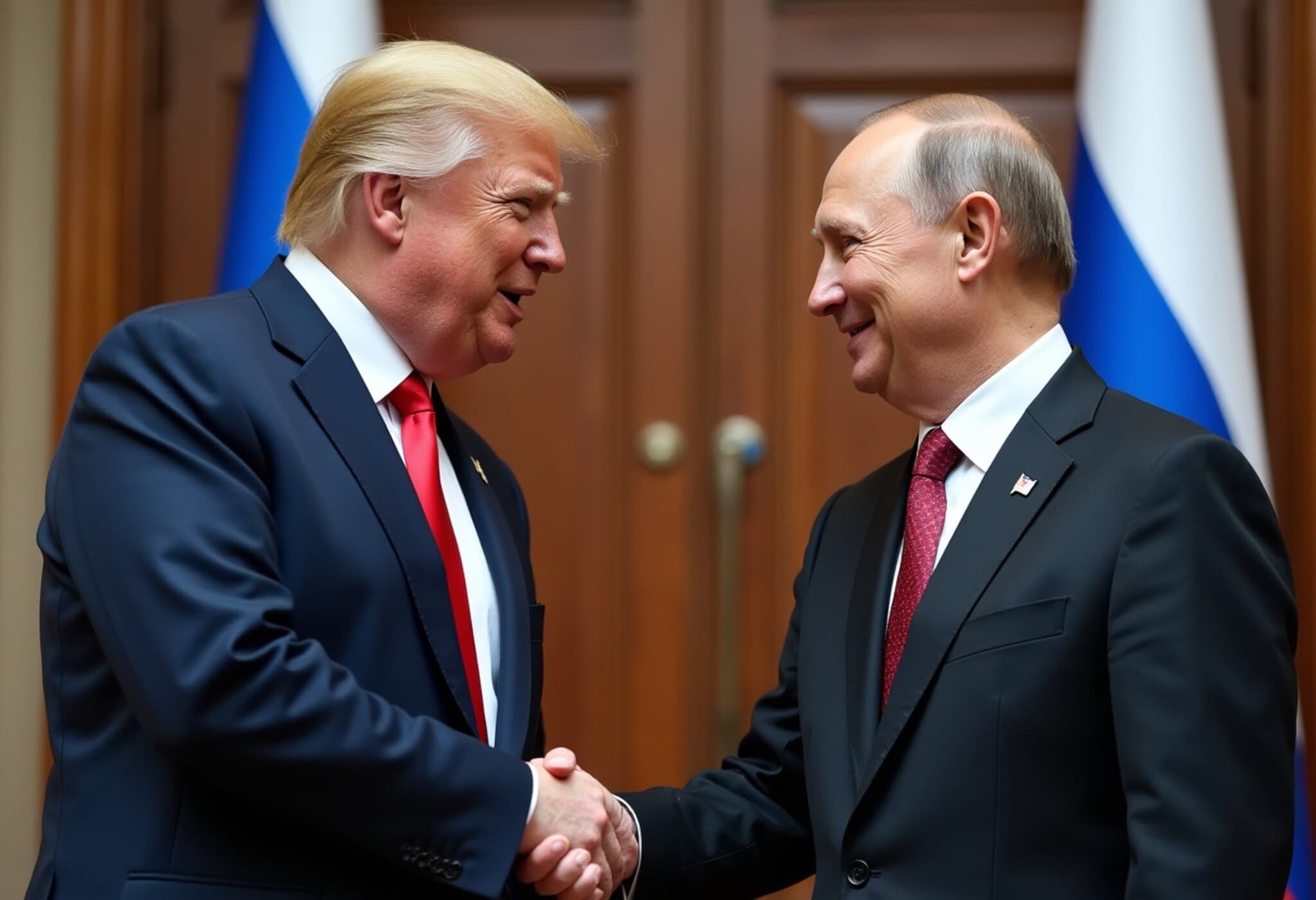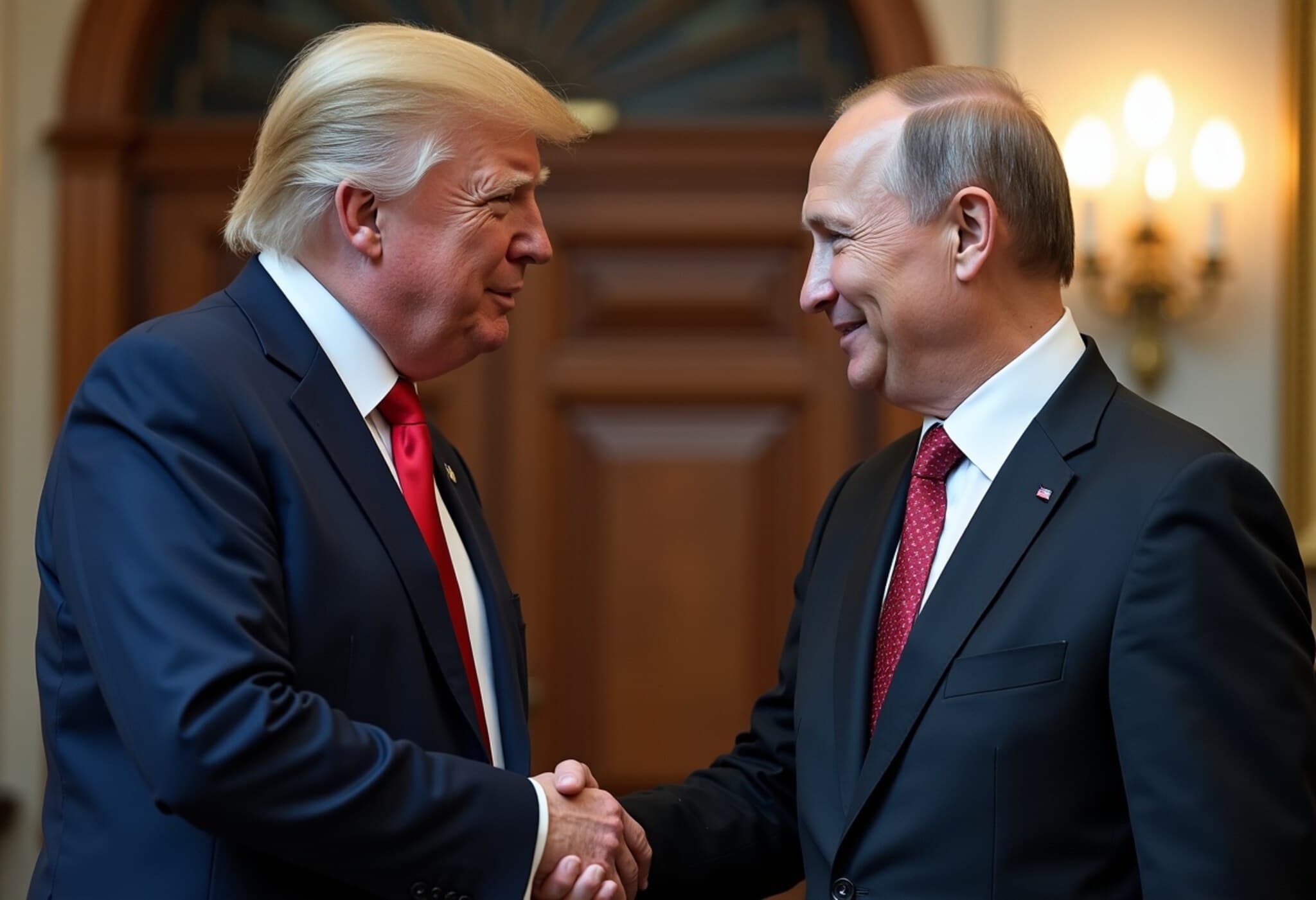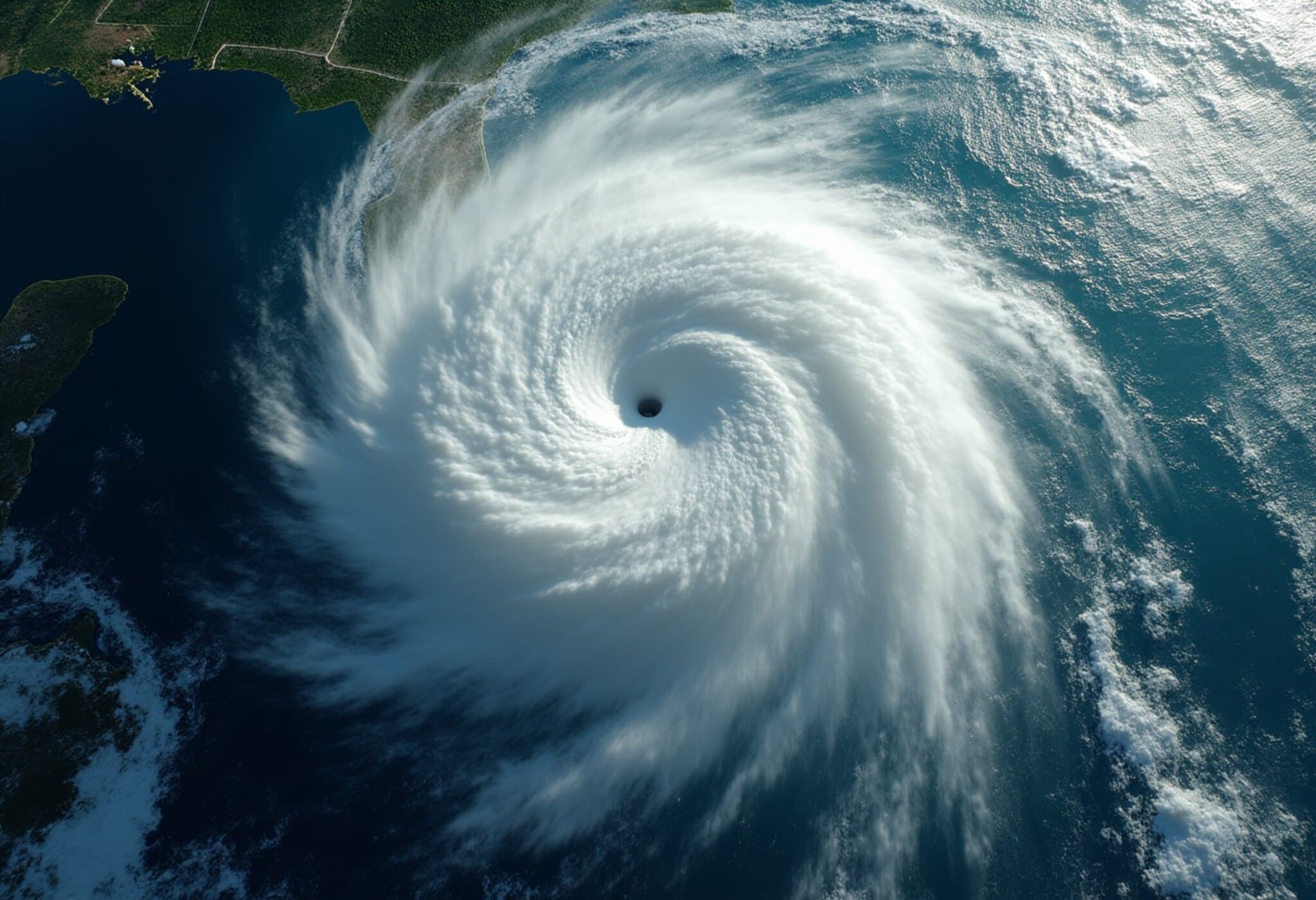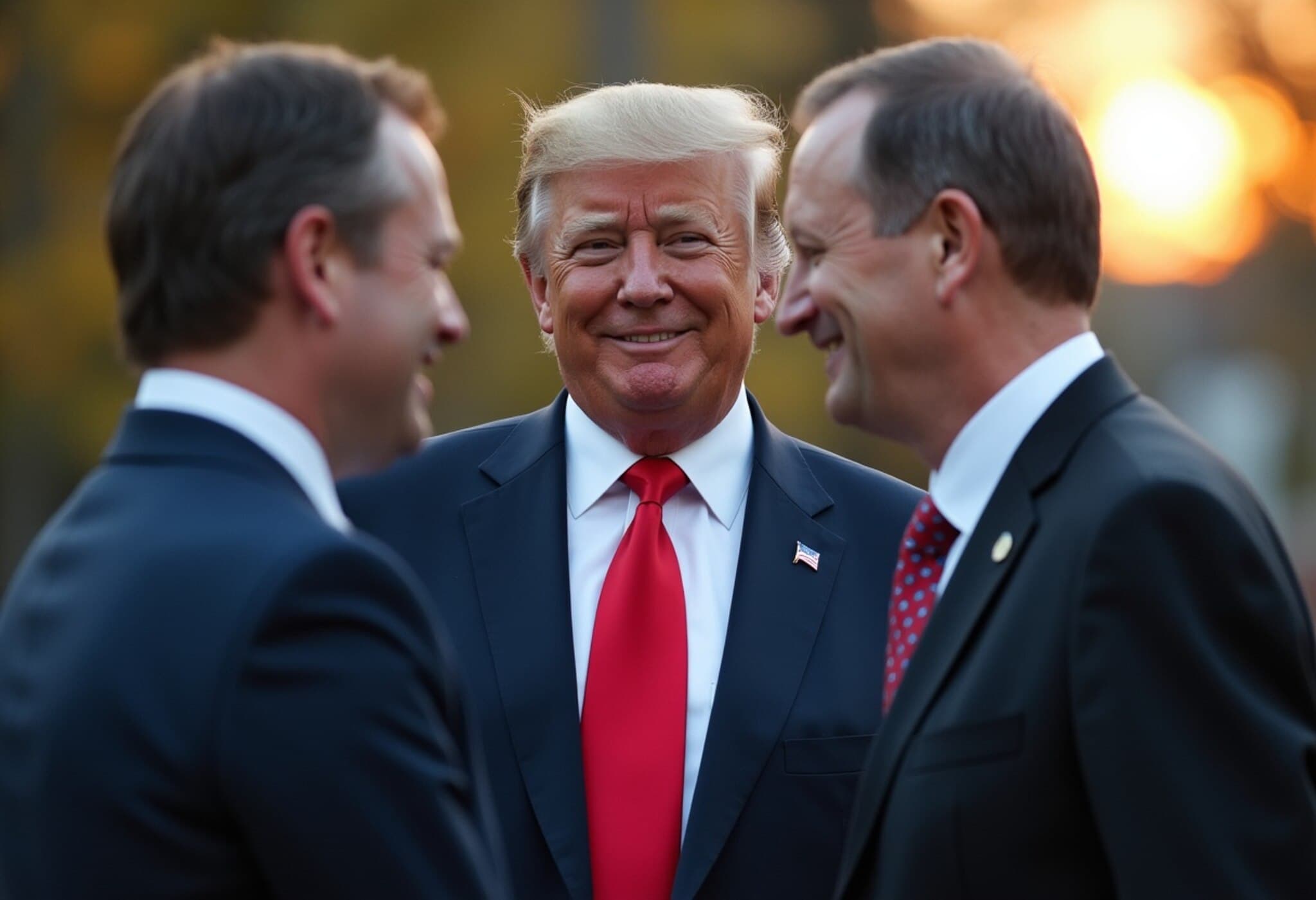India Praises Trump-Putin Talks in Alaska, Calls for Early End to Ukraine War
In a significant diplomatic development, India has expressed support for the recent summit held in Anchorage, Alaska, between then-US President Donald Trump and Russian President Vladimir Putin. The Ministry of External Affairs (MEA) acknowledged the efforts of both leaders in pursuing peace amid the ongoing Ukraine conflict, emphasizing that the world anxiously desires a swift conclusion to the hostilities.
Overview of the Alaska Summit
On August 15, 2025, the leaders of the United States and Russia convened for an extensive three-hour dialogue at Joint Base Elmendorf-Richardson. Despite the promise of progress, the talks failed to produce a concrete ceasefire agreement. While a ceasefire proved elusive, President Trump expressed optimism about shifting focus towards negotiating a comprehensive peace accord that could definitively end the war.
Trump described the day’s efforts on his Truth Social platform as “a great and very successful day in Alaska,” and highlighted backing from European leaders for a tripartite summit including Ukraine’s President Volodymyr Zelenskyy. Following the discussions, Zelenskyy announced his plan to travel to Washington D.C. to engage directly with Trump.
International Reactions and Next Steps
The summit, although not yielding immediate breakthroughs, has sparked momentum for a broader peace dialogue. The MEA’s statement praised the leadership shown by Trump and Putin and reiterated India’s position that lasting resolution must come through sustained diplomacy and open dialogue.
European leaders, who held separate consultations after being briefed, indicated readiness to enforce stricter sanctions against Russia. Meanwhile, the White House confirmed a follow-up conference call involving prominent European figures—British Prime Minister Keir Starmer, French President Emmanuel Macron, German Chancellor Friedrich Merz, NATO Secretary General Mark Rutte, and European Commission President Ursula von der Leyen—who all emphasized the urgency of ending the conflict.
Contextual Insights: What This Means Globally and for India
- India’s Balanced Diplomatic Role: India continues to navigate its complex geopolitical relationships, maintaining engagement with both Western powers and Russia, while advocating for peaceful conflict resolution aligned with its strategic interests in regional stability and growth.
- Challenges in Peace Negotiations: The resistance to a mere ceasefire, rather than a full peace treaty, underscores the fragile nature of current diplomacy. Ceasefire agreements have historically struggled to hold, leaving millions vulnerable, which elevates the stakes for comprehensive dialogue.
- Implications for U.S. Foreign Policy: The Trump administration’s pivot toward direct summits reveals an attempt to reshape longstanding tensions through personalized diplomacy, though critics caution that such efforts risk sidelining Ukraine’s sovereignty and broader international norms.
Expert Commentary
Dr. Anjali Rao, a South Asia expert at the Council on Foreign Relations, commented, "India’s welcoming response reflects its consistent advocacy for a multipolar world order where dialogue prevails over sanctions and isolation. However, meaningful peace depends not just on leadership talks but on addressing the underlying security concerns and humanitarian crises in Ukraine."
Moreover, experts emphasize the importance of including Ukraine’s voice prominently in all future diplomacy. Zelenskyy’s forthcoming visit to Washington is thus more than a symbolic gesture—it is critical for legitimizing any peace accords and ensuring they reflect the realities on the ground.
What Lies Ahead?
The trajectory from the Alaska summit suggests a cautious optimism. The next steps—a three-way meeting including Kyiv—could either pave the way to a historic peace agreement or prolong uncertainty if parties fail to bridge divides. Meanwhile, the international community watches closely, with millions hoping diplomacy can prevent further loss of life and regional destabilization.
Editor's Note
India’s positive reception of the Trump-Putin summit highlights the nation's unique geopolitical stance and aspirations for peace in a deeply fractured world. Yet, the recent talks underline a critical question for policymakers and citizens alike: Can personalized high-stakes diplomacy translate into lasting peace for Ukraine, or will underlying strategic interests continue to stall progress? As the global community anticipates the proposed trilateral summit, the pressure mounts for transparent, inclusive negotiations that balance power with justice.
In covering this evolving story, we remain committed to delivering timely, nuanced analysis that respects the human cost behind headlines and the complex tapestry of international relations shaping our world.

